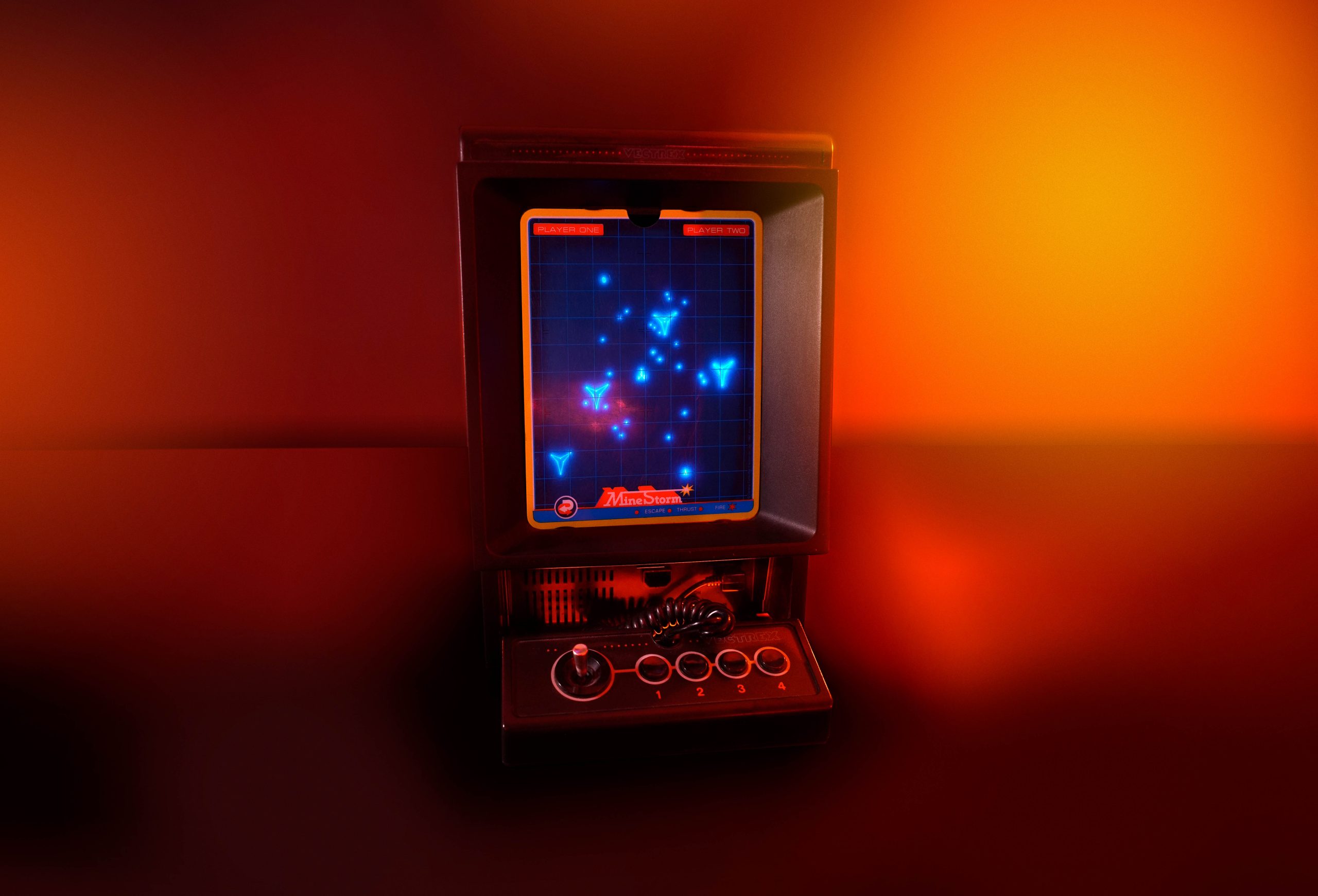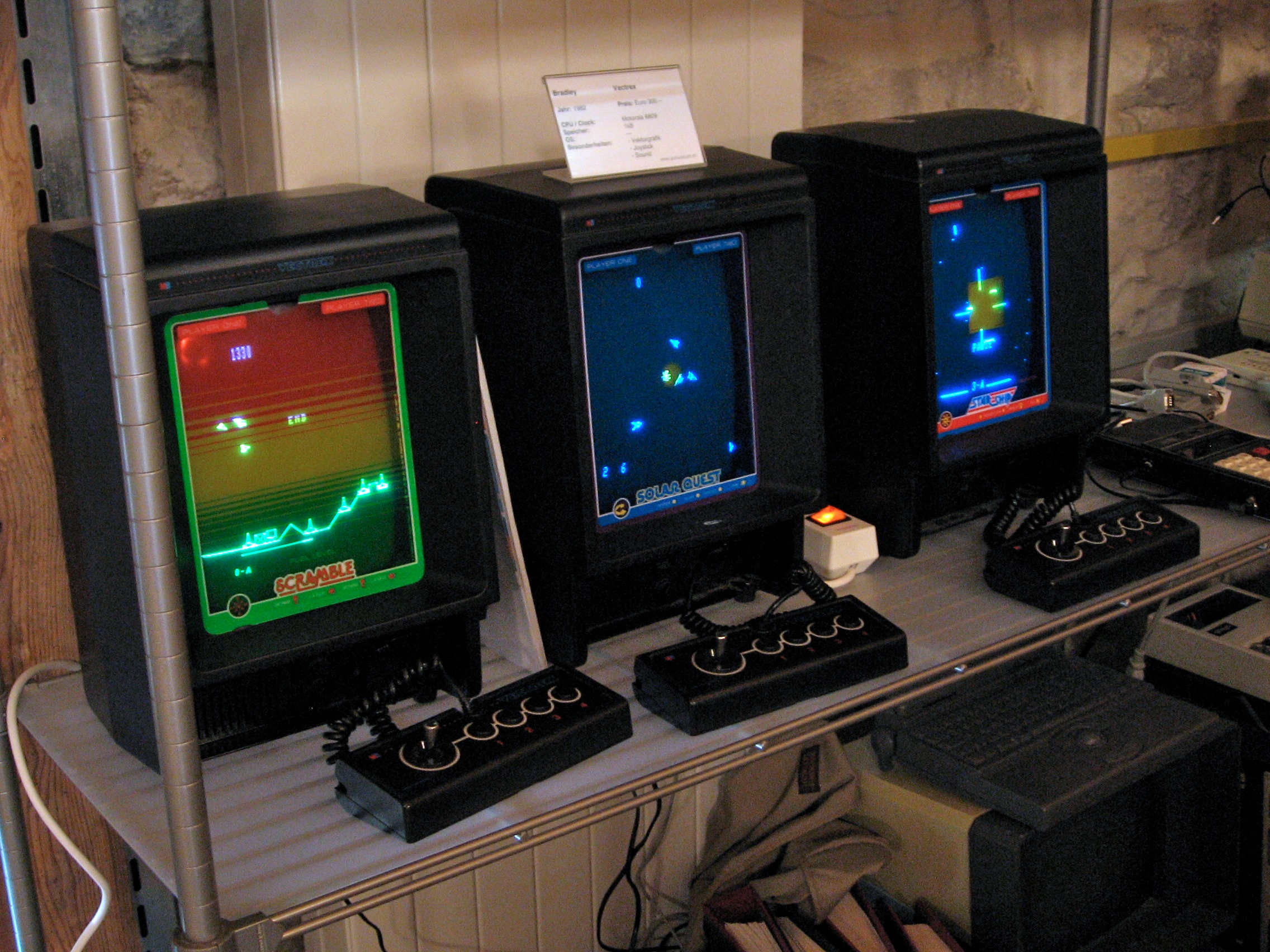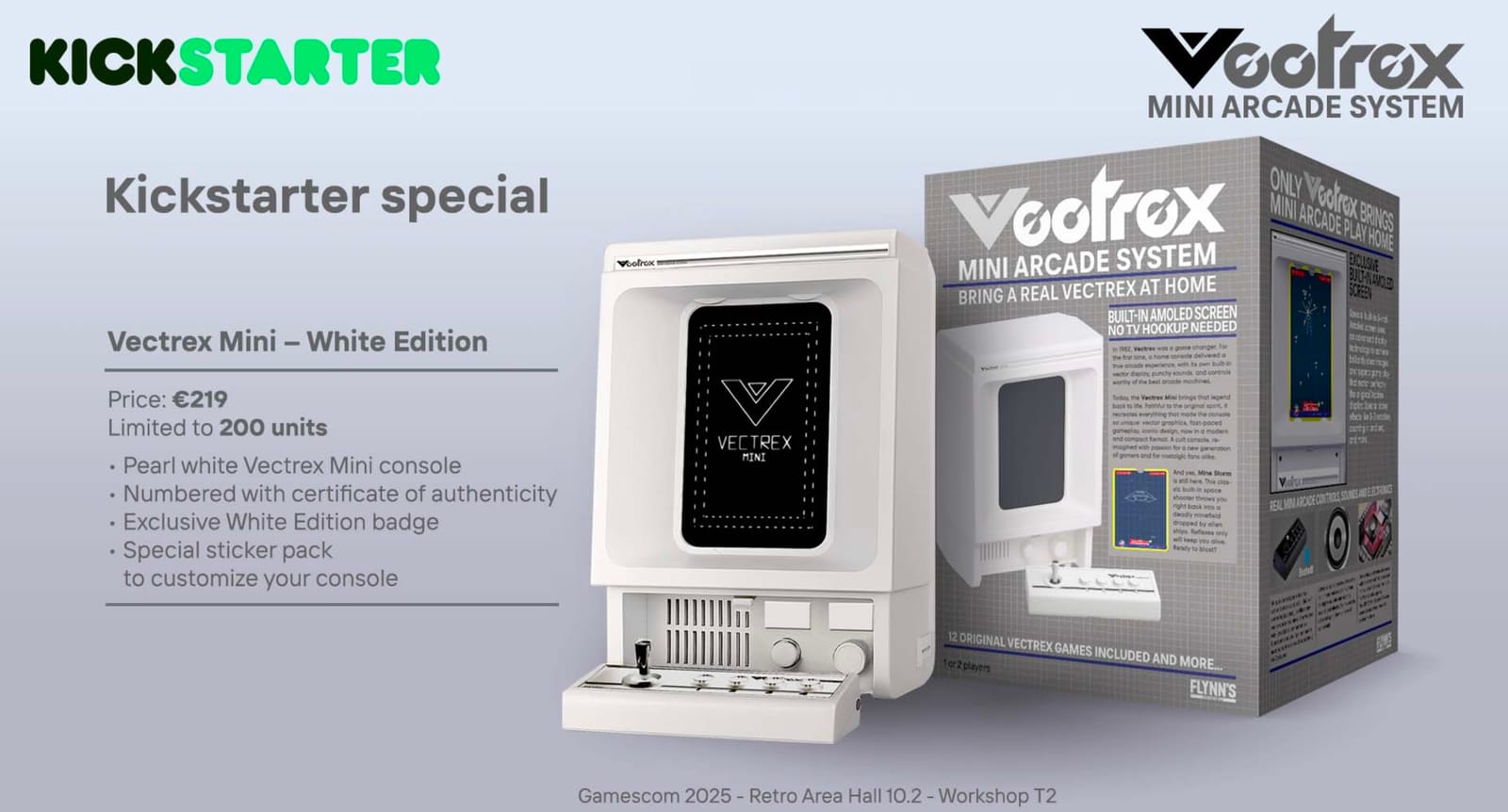Iconic 80s Vectrex console reimagined for the modern day with OLED display, microSD, and wireless controllers — half-size Vectrex Mini could cost as little as $99 for early birds
The cult classic vector gaming console returns.

Retro gaming has seen a resurgence in recent years, thanks in part to a lot of cult classics being revived as fan projects, modernized to fit in the gaming landscape of today (or offer an antithesis to it). The latest in the line of these revivals is the Vectrex Mini — a scaled-down version of the original Vectrex home console, now adorned with all sorts of upgrades that not only make it worth considering all over again, but also genuinely improve the appeal of the device to a solid retro machine.
Check out the Vectrex Mini prototype, the screen rendering is still being refined but seeing it in action already gives an idea of the experience...Full video: https://t.co/B44vUdMLm8Vectrex mini Kickstarter: https://t.co/2W0S7bkWNe pic.twitter.com/scmlRICX8JSeptember 19, 2025
For those who weren't around back then, the Vectrex is somewhat of a legend in the retro gaming community. Back in the 80s, it was already doing something different from ColecoVision and Intellivision — themselves standouts compared to Atari's reign at the time. It focused on vector graphics titles and completely eliminated the need for a separate TV. The Vectrex came with its own CRT display embedded onto the console, like an Arcade machine, that could display sharp vector graphics with their signature glowing lines. It was an all-in-one gaming system when such a concept was almost unheard of.
It flopped, unfortunately, but the legacy it left behind paved the way for a generation of handhelds and plug-and-play systems to come. The way its controller was nicely tucked away right in the console inspired the docking systems we have today; even the homebrew culture that's been the backbone of emulation can be traced back to the Vectrex — the community resorted to modding and making their own games since the library was so limited. Its design was also ahead of time, so while direct influence isn't where the Vectrex shines, its impact silently echoes through the years, making it the perfect contender for a revival.

The Vectrex Mini is, thus, born. The team has worked hard to keep as much of the original design as possible, while shrinking it down considerably. Given its "mini" nature (miniature?), the size has been cut down by about half and the screen is now a 5-inch AMOLED panel designed to emulate the look of old CRTs (we shall see). The controller is smaller, too, but it's now wireless and sports the same button layout and arcade-style joystick — though that might become cramped for some, but thankfully it seems like third-party USB controllers should be supported as well.
The Vectrex Mini is powered by USB-C, and features an HDMI port for connecting the device to a TV and a MicroSD Card slot to load up your own games, alongside the 12 it already comes with. The original Vectrex had a monochrome screen and used physical overlays to "display" color, the Vectrex Mini will honor that by emulating different colors for each of the built-in games in software, thanks to the OLED display. All of this is currently in prototype form only, which the creators showed off at Gamescom.
A closer look at the Vectrex Mini prototype... pic.twitter.com/TbvNkV9FN8August 21, 2025
Pricing hasn't been officially disclosed, but there are murmurs of a €150 ask, which is quite reasonable considering the original Vectrex now goes for upwards of $800 on the aftermarket. The Vectrex Mini will be available through Kickstarter, where the campaign will launch in November. There will be a special white edition for €219, too, with an exclusive badge and a certificate of authenticity to boot. Furthermore, we hear there'll be early bird pricing at just $99 for the first 50 units, and $129 for the first 200.

We don't know whether the console will be fully open-source, but the creators themselves have been open about community support; the Vectrex Mini runs on a VecX-based emulator itself. As is customary with projects like these, Vectrex Mini is not made the same people who created the original Vectrex; Neo Retro bought the licensing rights and has developed the Vectrex Mini in France, with David “Flynn” Oghia leading the team. If you want to see a similar retro revival, check out the GamerCard, made by the nephew of the ZX Spectrum's creator.
Get Tom's Hardware's best news and in-depth reviews, straight to your inbox.
Follow Tom's Hardware on Google News, or add us as a preferred source, to get our up-to-date news, analysis, and reviews in your feeds. Make sure to click the Follow button!

Hassam Nasir is a die-hard hardware enthusiast with years of experience as a tech editor and writer, focusing on detailed CPU comparisons and general hardware news. When he’s not working, you’ll find him bending tubes for his ever-evolving custom water-loop gaming rig or benchmarking the latest CPUs and GPUs just for fun.
-
bit_user I only learned of this console about 6-7 years ago, when I saw an in-person demo by the CMU Computer Club on a real Vectrex. It was probably this:Reply
LYYUcvPkxtgView: https://www.youtube.com/watch?v=LYYUcvPkxtg
I think they also showed an emulator running side-by-side and it's was pretty much spot-on. IIRC, it even captured the localized glow effect of leaving the beam on, after it went past the active display area.
If you're not familiar with Vectrex, it's a neat contrast to other consoles of the era. It's based entirely on line-graphics, which are drawn by sweeping the electron beam across the CRT, rather than pushing pixels into a frame buffer.